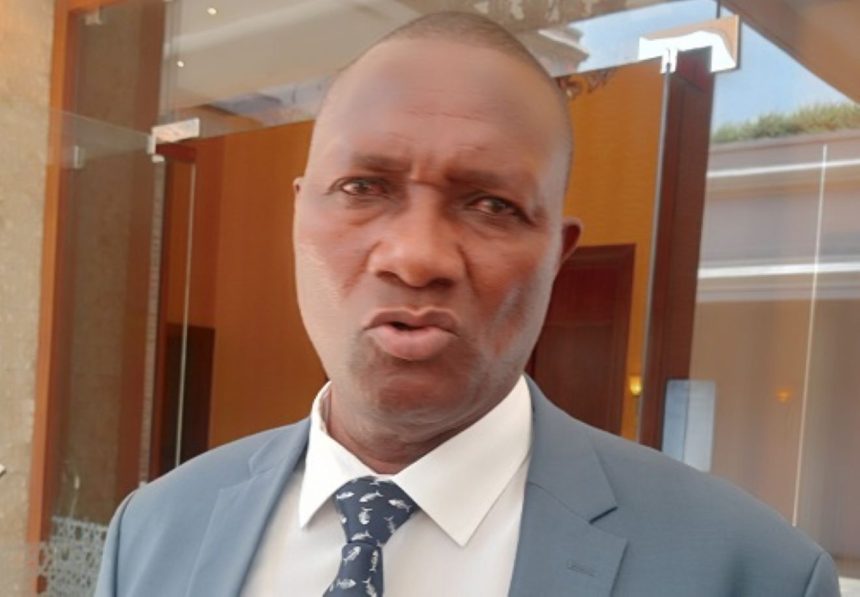Nyandarua Governor Kiarie Badilisha has challenged both the national and county governments, urging them to strengthen measures to address post-harvest losses, particularly in agricultural producing regions.
It is estimated that the country loses between 25 to 40 per cent of farm produce annually, a figure which Dr Badilisha expressed grave concern over.
According to the Nyandarua County Boss, there is an urgent need for measures and policies to close this gap, especially as Kenya continues its efforts to combat hunger and ensure food security.
Despite being one of the country’s food basket counties, Nyandarua loses approximately 40 per cent of its produce to post-harvest losses, he regrets.
“It is ironic that a county like Nyandarua produces abundantly, yet due to the lack of a ready market, farmers sometimes resort to feeding their yields to their animals. Meanwhile, in some counties, particularly in the Arid and Semi-Arid Land (ASAL) regions, people are suffering from hunger and malnutrition,” he remarks.
Dr Badilisha emphasizes that this challenge should serve as a wake-up call for both the national government and counties to allocate more budgetary resources to mitigate post-harvest losses.
He made these remarks on Thursdays, March 28, 2024 during the launch of the Global Alliance for Improved Nutrition (GAIN) 2023 to 2027 Business Plan and Report in Nairobi.
GAIN, a Swiss-based foundation established in 2002 at the United Nations (UN), has been contributing to improving the nutritional status of Kenyans since 2010.
Working closely with the government and key partners, its work in Kenya focuses on enhancing the availability, affordability, desirability, and sustainability of nutritious and safe foods, while also reducing the consumption of unhealthy and unsafe foods.
According to GAIN’s report, over 3.5 billion people globally lack access to food.
Governor Badilisha emphasizes that addressing this gap should begin with sealing the post-harvest loopholes.
Malnutrition also remains a significant challenge in Kenya, especially in slums and ASAL regions.
“Even as we prioritize tackling malnutrition, let us first address post-harvest losses and food waste,” Dr Badilisha asserts.
While acknowledging the County Aggregation and Industrial Parks (CAIP) program introduced by the government, which focuses on cold storage systems and agro-processing, Dr Badilisha stresses that more needs to be done to mitigate these losses.



